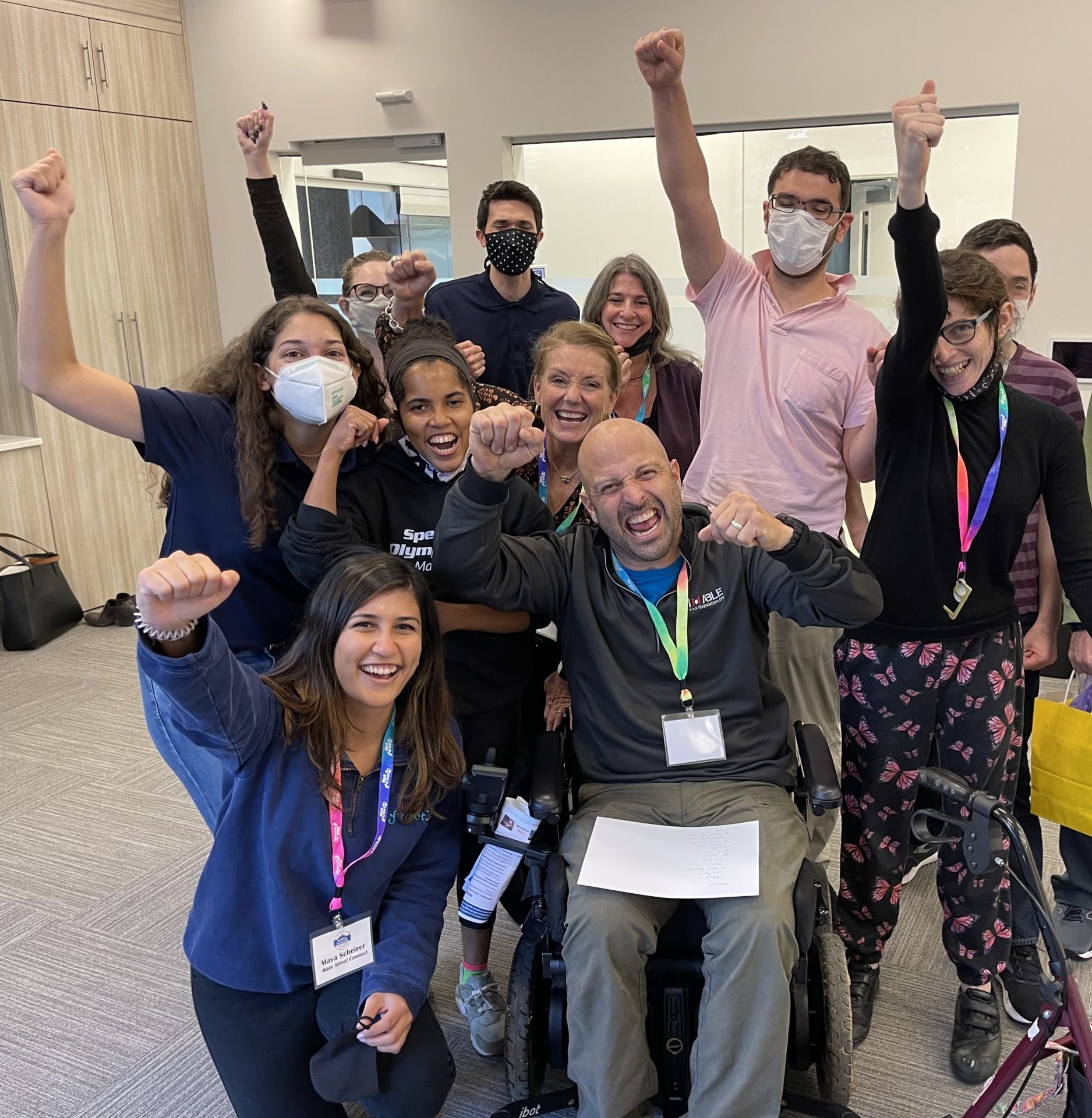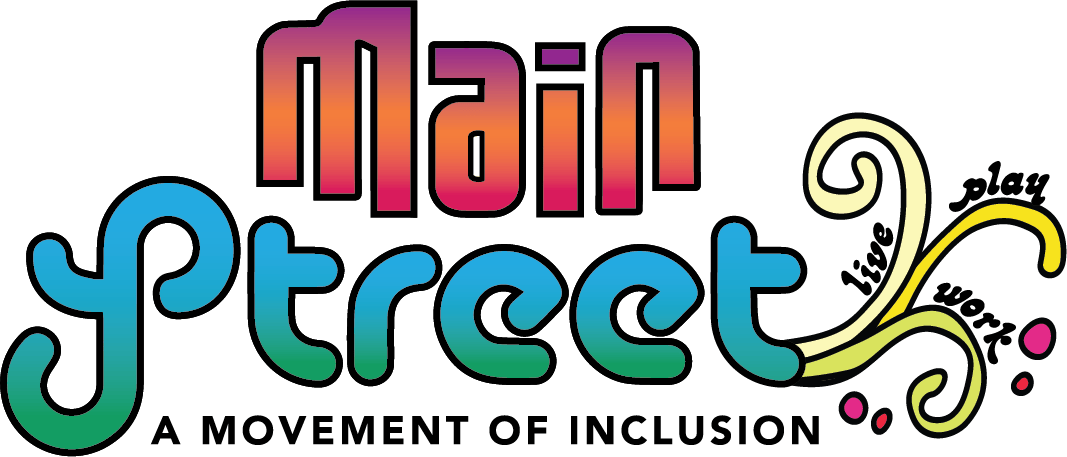
Quality of Life Surveys
In early 2020, Main Street partnered with the University of Maryland (UMD) to create a research project examining the impact of Main Street on its residents, with and without disabilities, and their family members. Led by Professors Peter Leone, Ellen Fabian and Yewon Lee from the UMD’s College of Education, the study focused on resident perceptions of how Main Street affected their overall quality of life. Participants completed surveys and interviews prior to the move to Main Street and 6 – 7 months later.
Results of the surveys showed statistically significant improvement in three areas: overall quality of life, psychological wellbeing and neighborhood/community satisfaction.

Qualitative Findings from Interviews
The findings from the surveys were supported by what researchers heard during the interviews. Residents and family members expressed overall satisfaction with the residential experience at Main Street. Themes that emerged included pride, autonomy, inclusion and increased engagement. Below are a few examples of quotes from research participants.
“Yes I love being at Main Street because I can be by myself and do things as I choose.”
“They’ve done an exemplary job with this building and I am truly honored to be a resident at Main Street.”
“I think what’s really exciting about Main Street is that the whole facility is the community. That it has a strong presence for the residents . . . a strong identity through its programming.”
Family Case Studies
In addition to surveys and interviews, the UMD research team conducted case studies to better understand the lived experience of a sample of Main Street residents and their families regarding the move to Main Street. The case studies included four family dyads consisting of a resident with a disability and a parent or guardian. Family dyads were recruited from those who had participated in the study assessing the impact of Main Street on the quality of life of residents and their families. For the case studies, UMD researchers conducted two structured interviews with each dyad and identified themes. The case studies shed light on key aspects of the Main Street model for policymakers to consider when planning for a better future for people with disabilities: (a) location, (b) physical design, (c) community engagement and (d) independence and choice. Click below to read the full summary report of the case studies.
Significance of Research
The finding that Main Street’s affordable, inclusive model has improved quality of life for research participants – and the insight gained on the aspects of Main Street that contribute to this improvement – are critical to the broader, national discussion regarding housing for people with disabilities. As a new model, Main Street’s leadership understood the importance of moving beyond anecdotes and gathering data regarding the project’s actual impact. Through our ongoing research efforts, Main Street aims to refine our own model, advance understanding of inclusive communities in general and to provide a solid foundation for development of similar projects in Maryland and beyond.
For More Information
Main Street and the University of Maryland welcome opportunities to collaborate with like-minded partners and to share information about our research efforts and findings. Please contact us.


